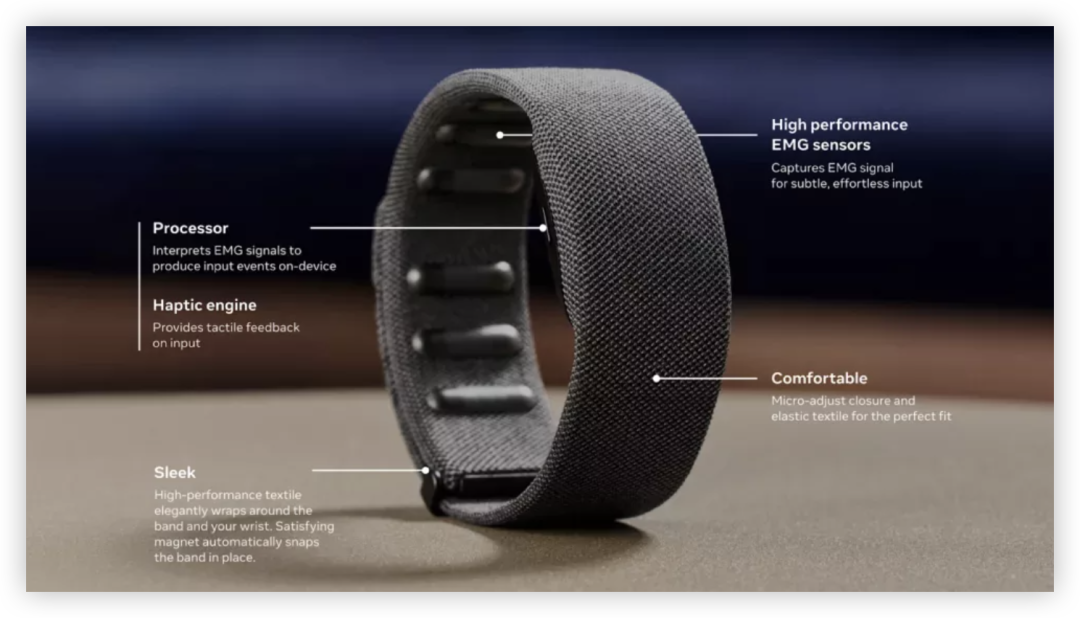Meta XR Enters Healthcare: From Gaming to Saving Lives, A New Era for Medical Technology

Once, Meta’s XR technology was mostly active in entertainment and social domains—even venturing into military applications. Now, this tech giant is targeting a far more consequential arena: healthcare. This is no mere experiment. Recent job postings show Meta is serious about bringing its XR devices and technology into hospitals and clinics, opening a brand-new door for the future of medicine.
Meta’s foray into medical XR isn’t just about copying technology—it’s a deep dive into the social value of blending virtual and real-world technologies. This move demonstrates Meta’s forward-thinking vision and signals that XR will play an increasingly vital role in healthcare, potentially reshaping our imagination of future medicine.
Meta’s determination is clear from a recent job listing: they’re seeking a “Medical Device and Regulatory Affairs Specialist,” with responsibilities focused on regulatory approvals for wearable devices and medical software (SaMD) both domestically and internationally. This shows Meta isn’t dabbling—they’re methodically laying out their medical roadmap, ensuring their products meet the industry’s rigorous standards.
Looking back, Meta has accumulated rich experience with consumer-grade VR/MR headsets like the Meta Quest series. These mass-market products have given them a solid foundation in hardware design, interaction technology, and user experience. Now, they’re aiming to transplant these mature technologies into medical scenarios. Imagine doctors wearing lightweight XR devices to access patient data in real time or collaborate remotely—this could dramatically boost clinical efficiency.
The most eye-catching development is Meta’s AR glasses, “Orion.” Unveiled as a prototype at Meta Connect 2024, Orion boasts a 70-degree wide field of view, capturing the real world clearly and overlaying high-precision virtual images. For doctors, this means they can interact face-to-face with patients while viewing critical information through see-through lenses. In surgery, for example, vital data can be displayed in their line of sight without blocking their view, making procedures safer and more precise.
Orion’s controls are futuristic: it integrates voice, eye-tracking, gesture recognition, and even an EMG (electromyography) wristband input system. This allows doctors to free their hands during complex operations, controlling the device with simple glances, gestures, or voice commands—greatly enhancing convenience and efficiency. Combined with conversational AI, the operating rooms and clinics of the future may become as smart and efficient as something out of science fiction.

Of course, applying XR to healthcare isn’t without challenges. The medical field demands extreme accuracy, safety, and data privacy. Bridging the gap from consumer products to medical-grade applications means overcoming huge regulatory hurdles. Meta must invest heavily to ensure its products pass certifications and integrate seamlessly with existing medical workflows. But if these challenges are overcome, XR’s potential in healthcare is limitless: assisting diagnosis, optimizing surgical procedures, enhancing medical education, and even transforming patient rehabilitation.
From entertainment to military, and now to healthcare, every strategic shift Meta makes in XR reflects its deep insight into future tech trends. This full-scale push into medical XR is not just business expansion—it’s another strong testament to XR’s social value. It signals a smarter, more efficient, and more human-centered era of healthcare is accelerating toward us. We have every reason to expect XR will paint an exciting future for health and medicine.
分享文章
3篇相关文章
Varjo XR-4: How MR Headsets are Reshaping Future Military Training?
2025-10-09
The Varjo XR-4 series MR headset, designed specifically for military training, revolutionizes simulation methods across land, sea, and air dimensions, enhancing training realism and efficiency.
Farewell Controllers! BEATABLE MR Rhythm Game Arrives - Play Music with Your Hands!
2025-07-29
XR Games launches the groundbreaking MR rhythm game BEATABLE on Meta Quest platform. This controller-free game lets you immerse in music through gestures, turning real tabletops into your personal instruments. A revolutionary gaming experience is about to begin!
Spexi Revolutionizes Drone Mapping: Powering XR and Digital Twins with 'Data Engine'!
2025-07-29
Canadian company Spexi is providing disruptive solutions for XR and digital twin data needs through innovative drone mapping technology with incredible speed and precision, heralding an efficient, intelligent new era.